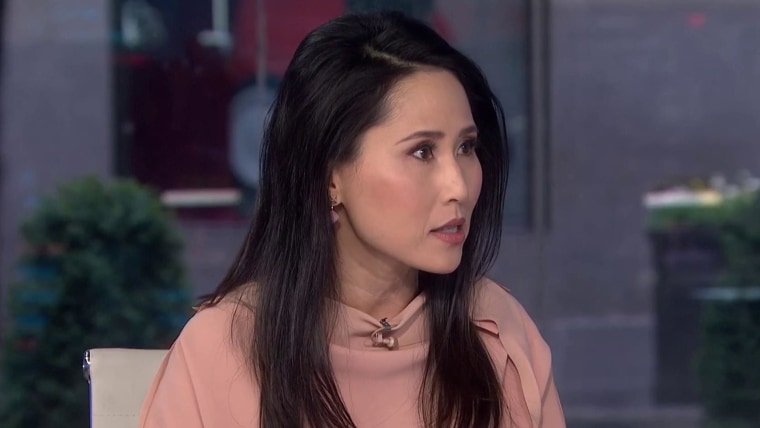Economic uncertainty is at an all-time high, with investors dumping stocks, workers being laid off, and local businesses closing their doors due to the coronavirus crisis. It has left many Americans wondering what they should do with their money right now. Here are some expert tips to weather this financial storm.
Don’t miss: Can’t pay your bills? Here are some resources to help
1. Look at your emergency fund
If you already have an emergency fund, you should aim to stockpile about three to eight months’ worth of living expenses — just what you need to live on, not your discretionary spending. If you don’t have emergency savings yet, try opening a high-yield savings account to get the most bang for your buck. Start small — even if you save $10 a week, it’s something.
2. For other investments, think about the long game
If you have retirement accounts like a 401(k), 403b, or an IRA, don’t touch them. If you’re still decades away from retirement, you will likely recoup those losses over time.
Get the better newsletter.
If you are regularly contributing to retirement but need to beef up your emergency fund, consider cutting back your contributions just enough to get your company match, if you have one, and save the rest in cash. Kimberly Palmer, NerdWallet’s personal finance expert, said to keep your investments if you can. “It’s not the time to make changes, unless it’s a last resort.”
3. Understand how much you owe and make a plan to pay it off
Add up all of your debts and make a plan to pay them off. If you have high-interest credit card debt, Palmer said to give your company a call. “Credit card companies are being more lenient and waiving interest,” Palmer explained.
If you can’t pay off old debt, do everything you can to stop accruing new debt. Go on a cash-only diet, if you can, to keep from getting into more debt. The good news is that with the Fed’s recent rate cut, your debt might be a little cheaper to pay off.
4. Re-evaluate your budget
Amanda Clayman, a financial therapist and Prudential’s Financial Wellness Advocate, said that dealing with an emergency can take a toll on your money mindset. “When we’re in a crisis, it’s a highly fluid situation, and our ability to predict and plan can be compromised,” she explained. “Your lifestyle has changed right now, we are spending and earning money in different ways than your ‘normal life.’”
Take a look at your current spending and reallocate. You may not be going out to bars or getting manicures, but you probably need to spend more the grocery store right now. Make a new budget to reflect these changes.
5. Take a deep breath
The world may seem like it’s crashing down around us, but this too shall pass. Be gentle with yourself. If you’re feeling anxious about your financial situation, Clayman recommends channeling those anxious thoughts into an activity where you can give something to another person (or even yourself). “When we feel like we are giving, that activates our sense of abundance and we don’t find ourselves in scarcity mode,” she said.
NEXT: What the Fed rate cuts means for your 401(k), mortgage, savings and more
MORE FROM BETTER
Want more tips like these? NBC News BETTER is obsessed with finding easier, healthier and smarter ways to live. Sign up for our newsletter and follow us on Facebook, Twitter and Instagram.













